How to choose a mattress — 5 steps to sleeping like royalty
Princess and the Pea, who?

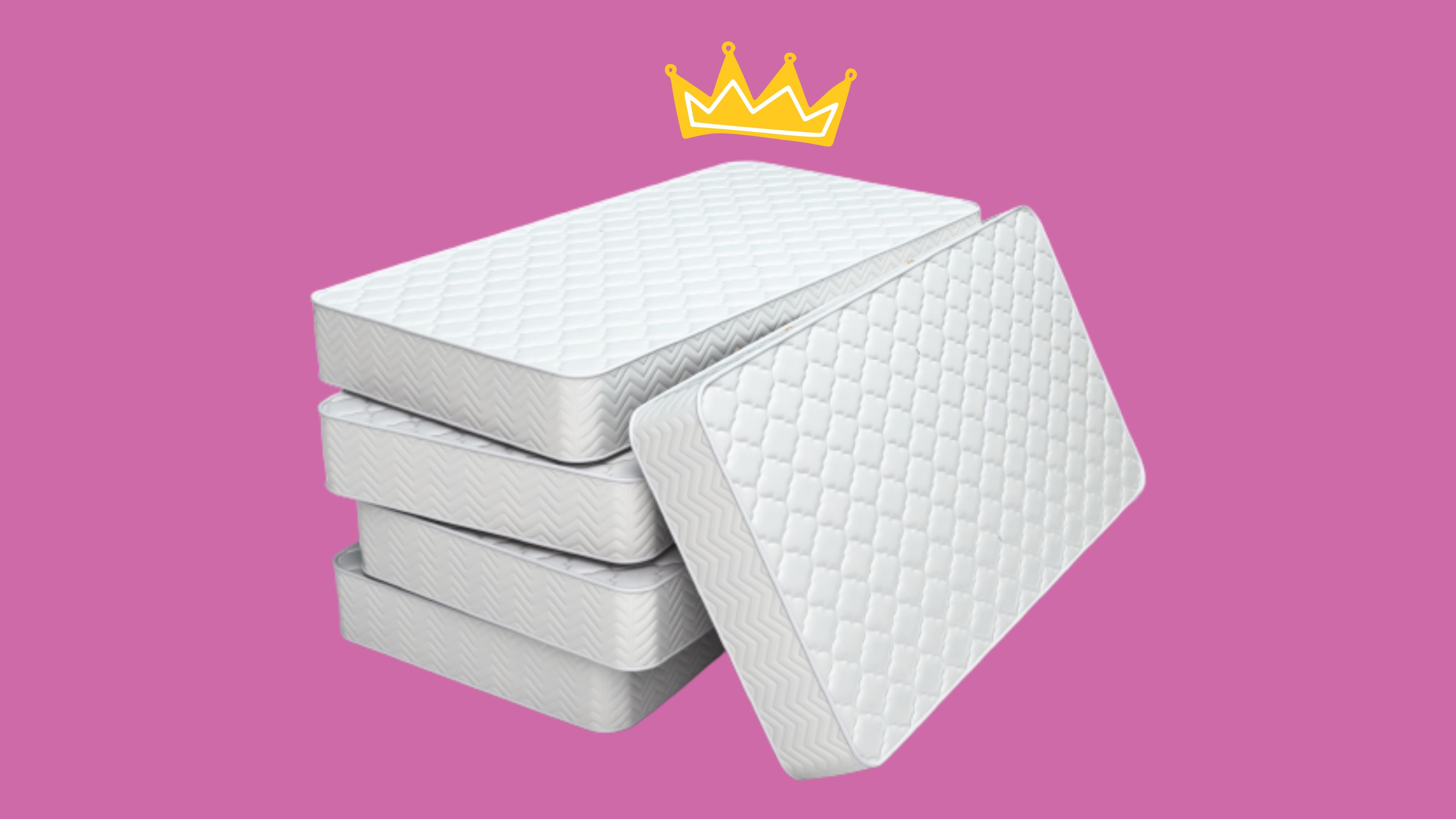
I'm hoping you've heard the tale about the Princess and the Pea? If you haven't, I won't bore you with the bedtime story, but I will tell you that it has everything to do with why your mattress matters. Whether it's a small lump in the base of your bed (aka a spring, not a pea) or a surface that sinks in a little too much for your liking, if your bed isn't right for you, it'll affect how you sleep.
This is why you should always do your research before spending so much on a brand-new mattress. There are many makes, models, and types, and choosing the wrong one can be costly. Let's face it, while we'd all love to sleep like royalty, we can't as easily spend like a queen.
To help you invest in the right bed, I've spoken to industry experts and put together a five-step guide. There's sleep style, mattress material, nighttime needs, size, and budget to think about. It's simpler than it sounds. Along the way, you'll also find a few of our top picks. At the end? The best mattress for you. All roads lead to your most amazing sleep yet.
1. Figure out your sleep style
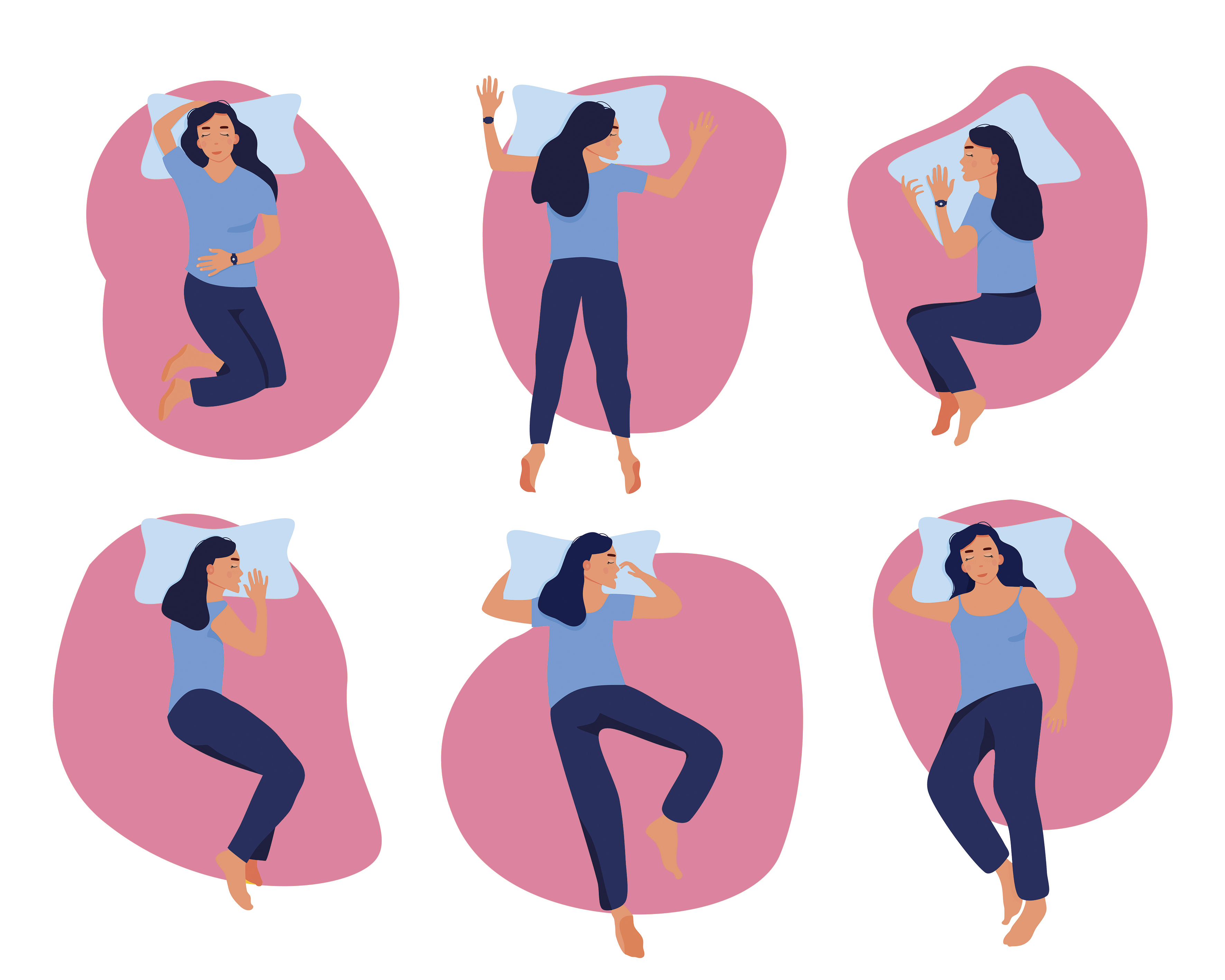
Choosing a mattress according to how you rest is the easiest way to guarantee yourself great a night's sleep.
PS: The pillow you sleep on will also impact your sleep position. It might be worth looking into how to choose a pillow for the ultimate sleep set-up. For now, see which firmness rating you should choose based on your sleeping position:
- Side sleepers are more prone to experiencing achy joints, especially around the hips and shoulders due to poor spinal alignment. See whether your knee overlaps the other or sits on top. Opting for a softer mattress you can sink into is the way to go, with medium-soft being the most recommended comfort grade.
- Stomach sleepers might experience sore pressure points in the ribcage, knees, and elbows, as well as "general spinal discomfort." In order to alleviate this, you will need to find a firm mattress that supports you but also cushions in those sensitive areas.
- Back sleepers are recommended a middle-ground mattress for maximum comfort: not too soft, not too firm. In the words of Goldilocks, make sure your mattress "is just right" in order to hold you tight in all the right places.
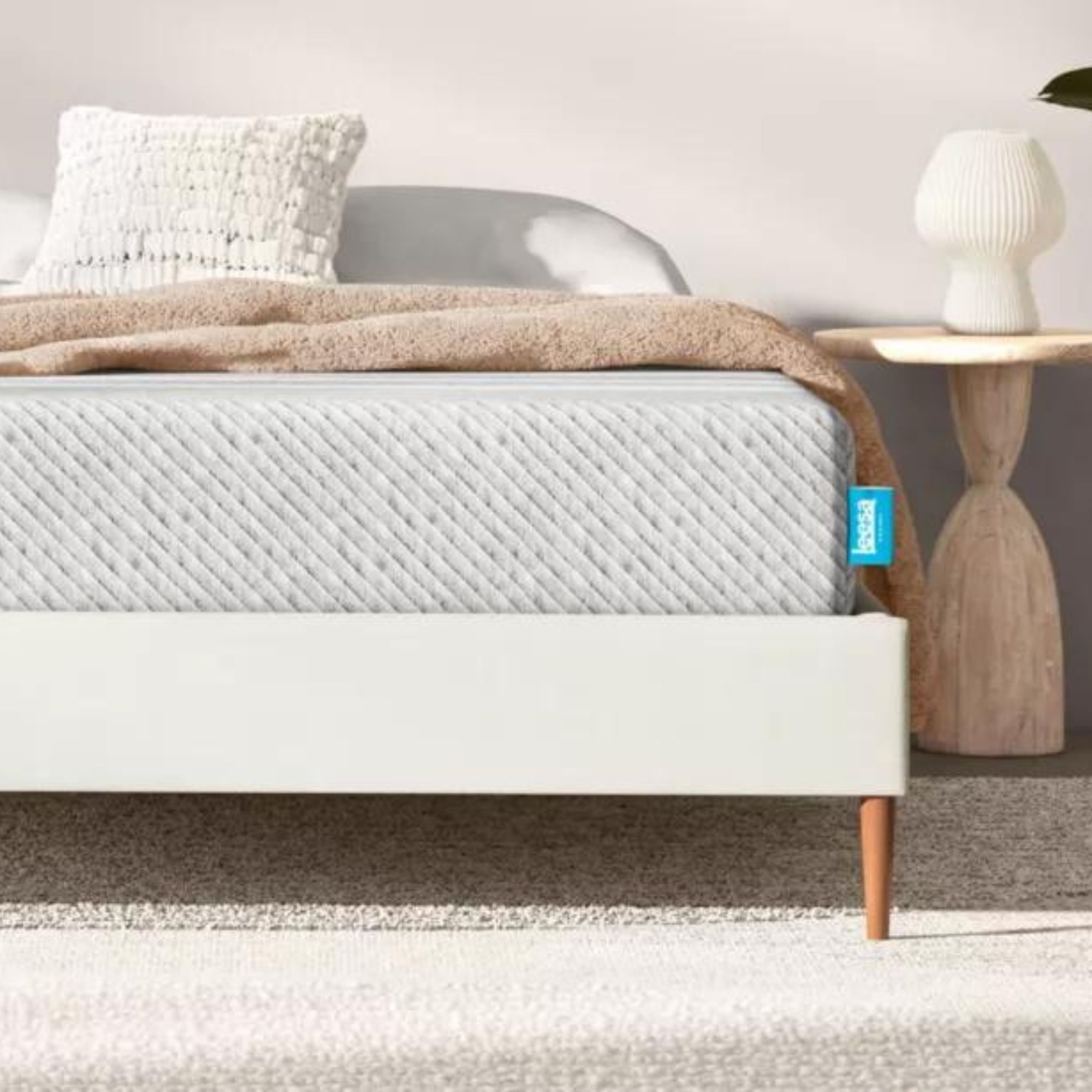
Best mattress for back sleepers
Find out more: Leesa original mattress review
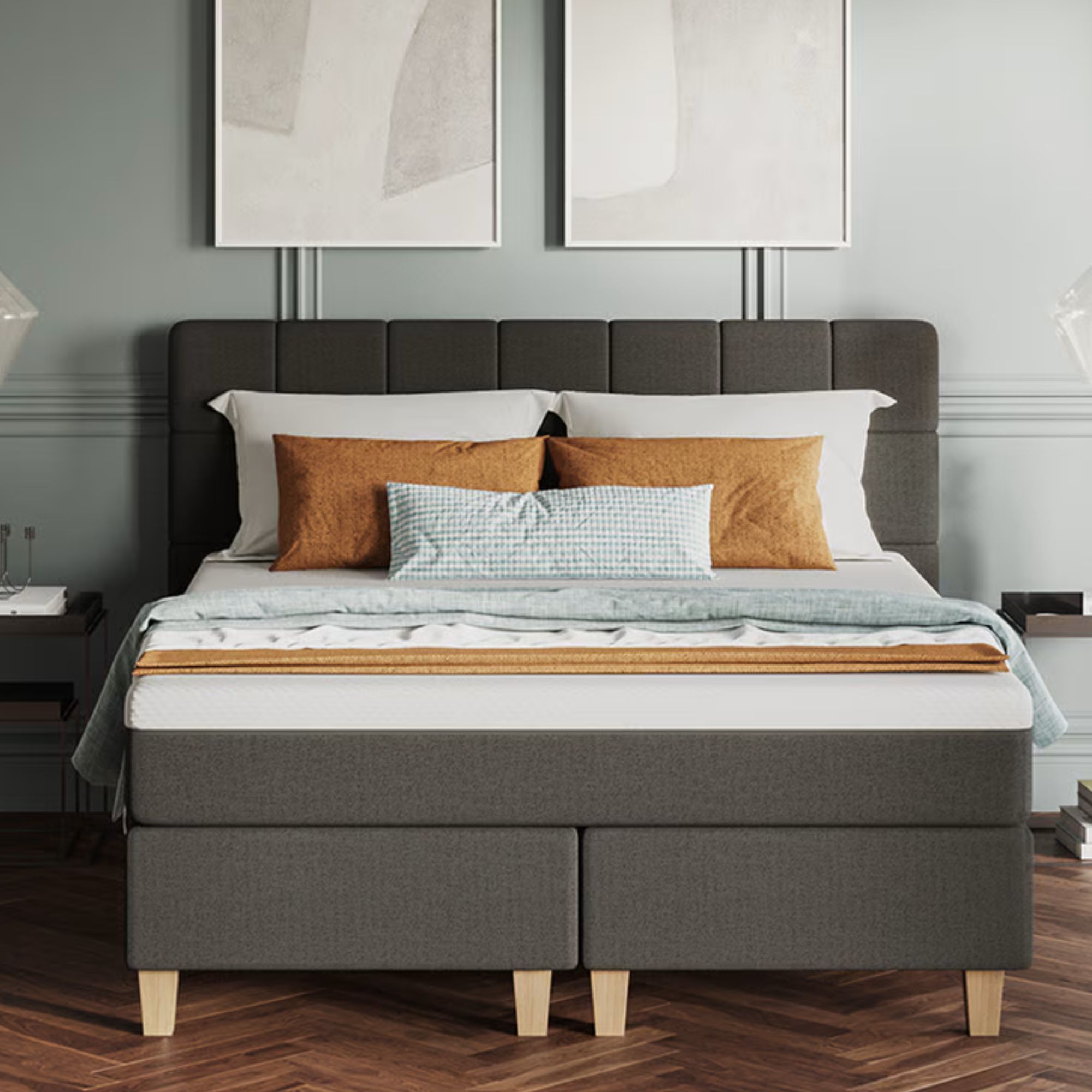
Best mattress for front sleepers
FInd out more: Emma premium mattress review
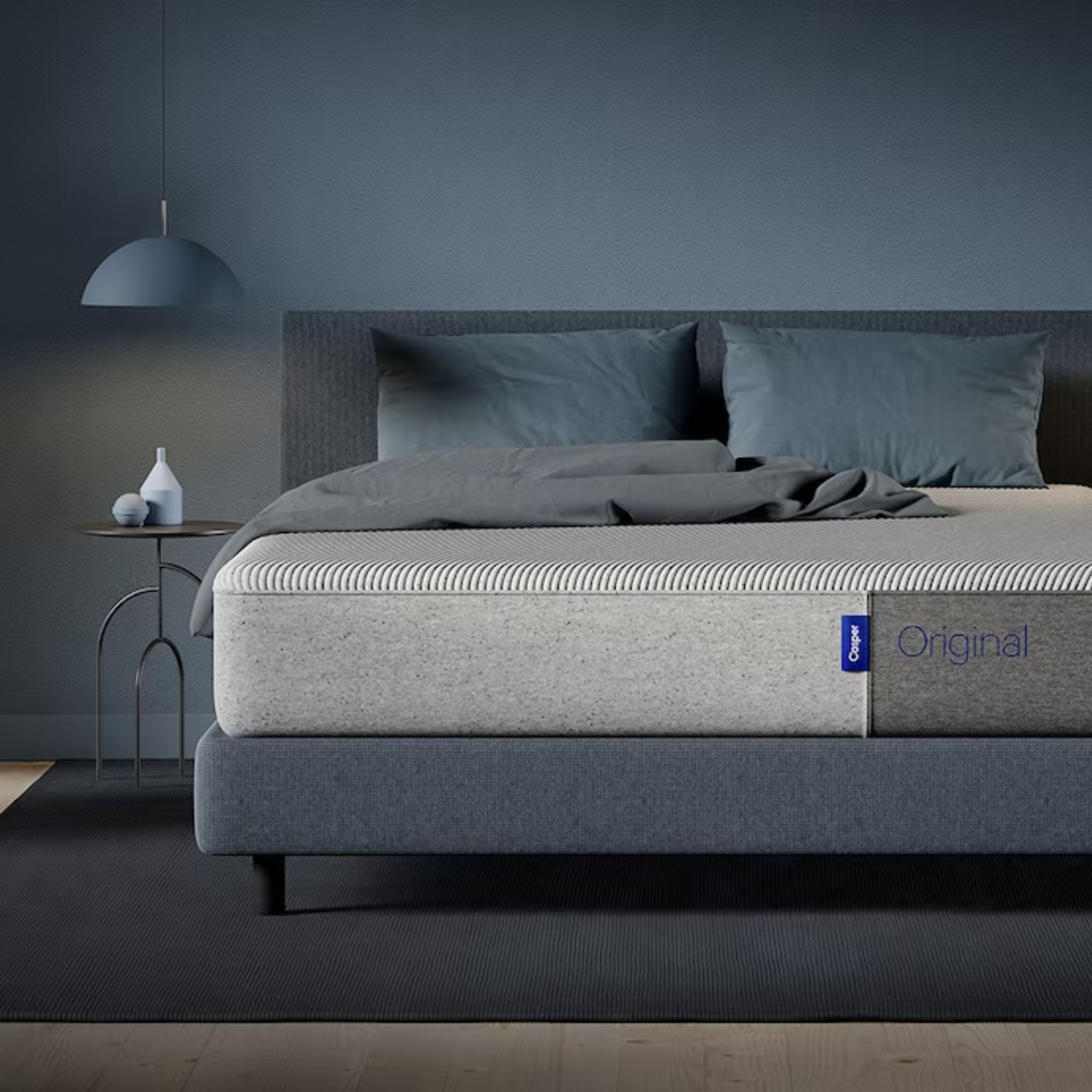
Best mattress for side sleepers
Find out more: Casper Original mattress review
2. What's on the inside matters
There's an array of mattress material choices out there, which generally comes down to personal preference and also budget. Some of us just can't seem to get along with memory foam (it's me!). Still, it's not as simple as bouncing on a bed and seeing which one you like the feel of. The material matters, too. If you suffer from allergies, you'll want to stay away from natural material fillings and opt for a great memory foam mattress instead. And for the old souls out there, a spring mattress won't be doing your aches any favors.
A top tip? Ensure mattresses have their material certifications by looking out for labels like Certi-Pur US — a certification program for foam products that backs their durability and that they're manufactured with non-toxic materials.
Get small space home decor ideas, celeb inspiration, DIY tips and more, straight to your inbox!
See the most common mattress materials below to see which one sounds like you:
- Memory foam is the most popular choice for mattresses. It molds to your body's shape and gives plenty of support, making it perfect for side sleepers or anyone with back pain. Newer memory foam mattresses have breathability built-in, so look for this as a feature when buying. It's also good for allergy sufferers.
- Spring mattresses, made from individual steel springs in pockets of fabric, provide lots of support, whether you prefer a soft or firm sleep surface. They can also come with different levels of support on either side for partners who prefer different levels of firmness.
- Hybrid mattresses are constructed with a pocket-spring base and a memory foam top layer, so you'll get the responsiveness of springs plus memory foam support for the best of both worlds. If you don't have any particular needs when it comes to sleep, you can't go wrong with a hybrid.
- Latex is putting non-toxic mattresses on the map. Ideal for eco-lovers and allergy sufferers alike, it's better for the environment and for you. Growing in popularity, latex is found to be a very durable material that can be expected to support you soundly for years. They tend to be on the firmer side.
- Organic mattresses cover a range of natural material types, like cotton, wool, hemp, and flax, all of which do not include polyurethane foam. Organic mattress brands should have an alternative to the chemical fire retardants that are used in other mattresses and may feature vegan options as Avocado or Saatva do.
Best mattresses by material

Best memory foam mattress
Find out more: Nectar mattress review
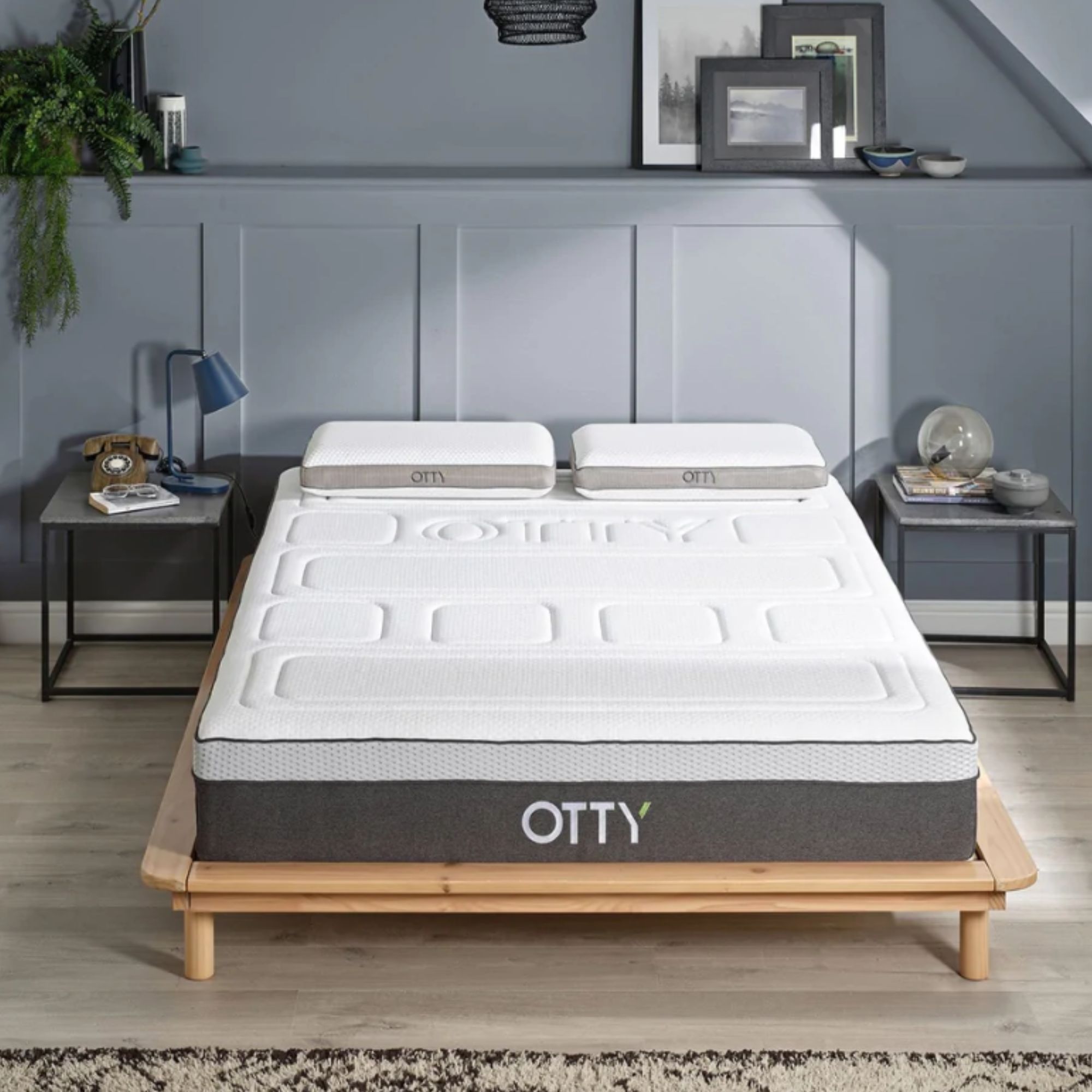
Best hybrid mattress
Find out more: Otty hybrid mattress review
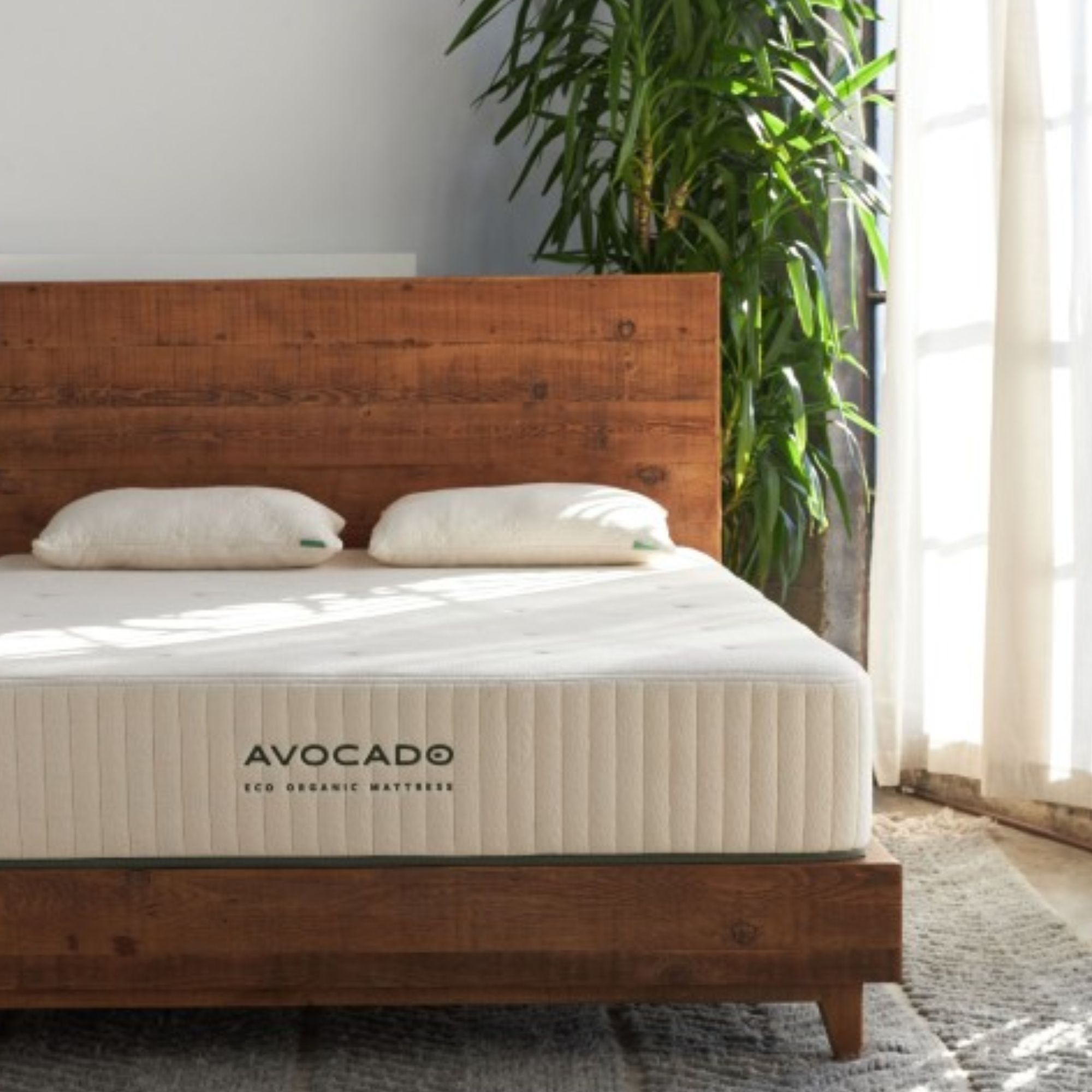
Best organic mattress
Find out more: Avocado green mattress review
3. Any additional sleep needs?
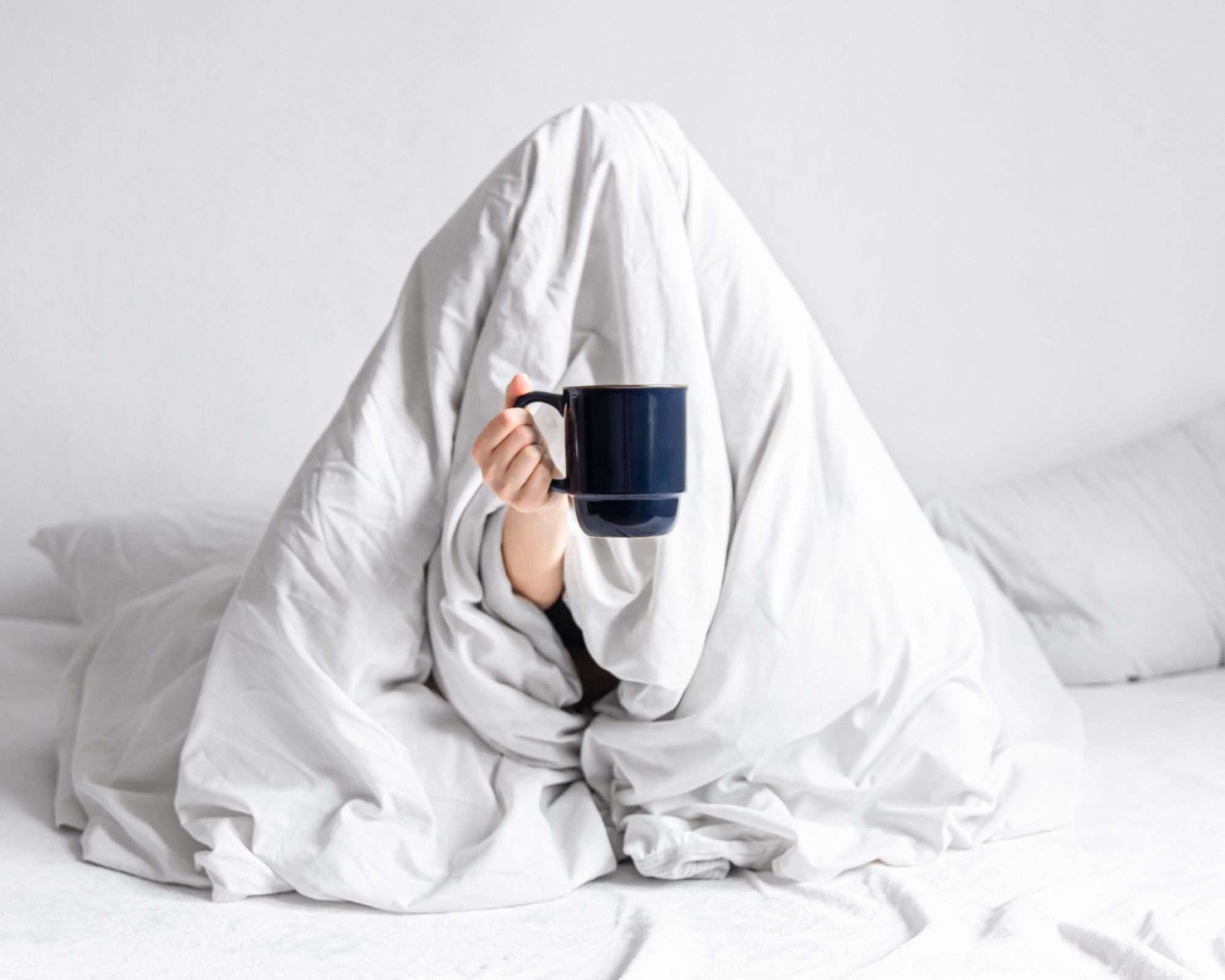
Choosing a mattress is far from a one-size-fits-all approach. We all sleep differently, but the reason our sleep experiences vary so much is that we all have particular needs.
Mattress models and makes can have special features and certain add-ons that cater to more specific needs. We've got your back covered with help from Po-Chang Hsu, MD, who is a medical content expert at SleepingOcean.com. Together we've broken down five common issues and how choosing the right sleep surface can solve them:
- Tend to toss and turn or have a partner who does? "Good motion transfer" is the phrase you're looking for in a mattress. "Foam mattresses tend to be the top choice for motion absorption, though many sleepers also choose hybrid mattresses with extra-thick foam layers on top so both bed sharers can benefit from motion isolation, cooler sleep, and reliable support," says Dr. Po-Chang Hsu.
- Experiencing back pain? "When dealing with chronic or frequent pain, it’s best to choose a mattress that can offer decent pressure relief," explains Hsu. "Such mattresses typically use adaptive memory foam. The material molds to the sleeper’s body, encouraging tension to spread out evenly and, thus, alleviating pain."
- Allergy sufferer? Consider latex as a filling (if you're not allergic to latex, of course) and designs marketed as hypoallergenic. This refers to a mattress that is made with materials less likely to trigger your sneezes and itches. Memory foam/hybrids will be good for you, too.
- Do you overheat at night? Find a mattress made of breathable materials. A big warning here is that memory foam is prone to giving off heat. As Dr. Po-Chang Hsu suggests, "It’s best to choose models that use cooling materials, such as natural latex, breathable coils, aerated or gel-infused foam, etc."
- Body weight: If you're significantly above or below average weight, you may want to pay special attention to the firmness rating. "Heavier individuals require more support, so they should go with firmer mattresses, and petite sleepers might want to get something softer," says Hsu. "This will help them prevent painful pressure points that often appear when the body presses into the mattress too much or not enough."
4.Size
Okay, it may sound silly, but make sure your mattress is the right size. Admittedly, it can get confusing. Most mattress brands in the US offer sizes from twin all the way to California king. The UK keeps it a little simpler with single, double, king, and super-king. There are other sizes in-between standard variations that, if ordered incorrectly, may mean your mattress won't fit in its frame.
5. How much are you willing to spend?
Let's address what's arguably the least exciting part of getting a new bed: the price. I know most of you won't be jumping for joy when you come to learn how much a mattress costs. The luxury kind (you know, the ones fit for kings and queens, as the saying goes) can range way up into the thousands, but you have to think of them as an investment. A good mattress will last you for years and even past its life expectancy if you take care of it.
The good news is, there are a lot of affordable mattresses out there, that you can pick up for as little as $250/£350. Just because they're cheap, doesn't mean they're poor quality either. If you've been eyeing a branded mattress, then look out for seasonal mattress sales, so you can get a good discount. Rest assured, you don't have to spend all your savings to sleep like royalty.
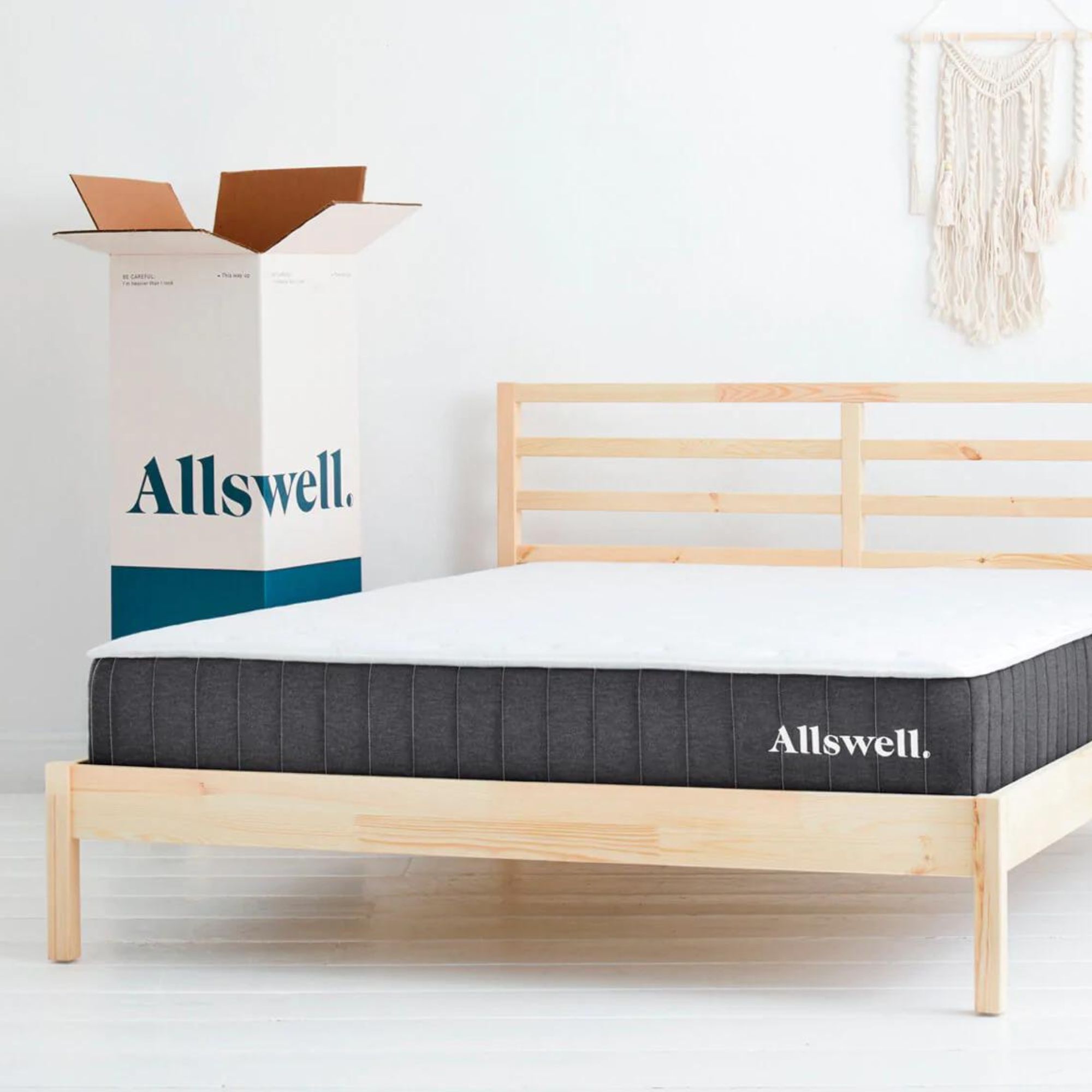
Best cheap mattress
Find out more: Allswell mattress review
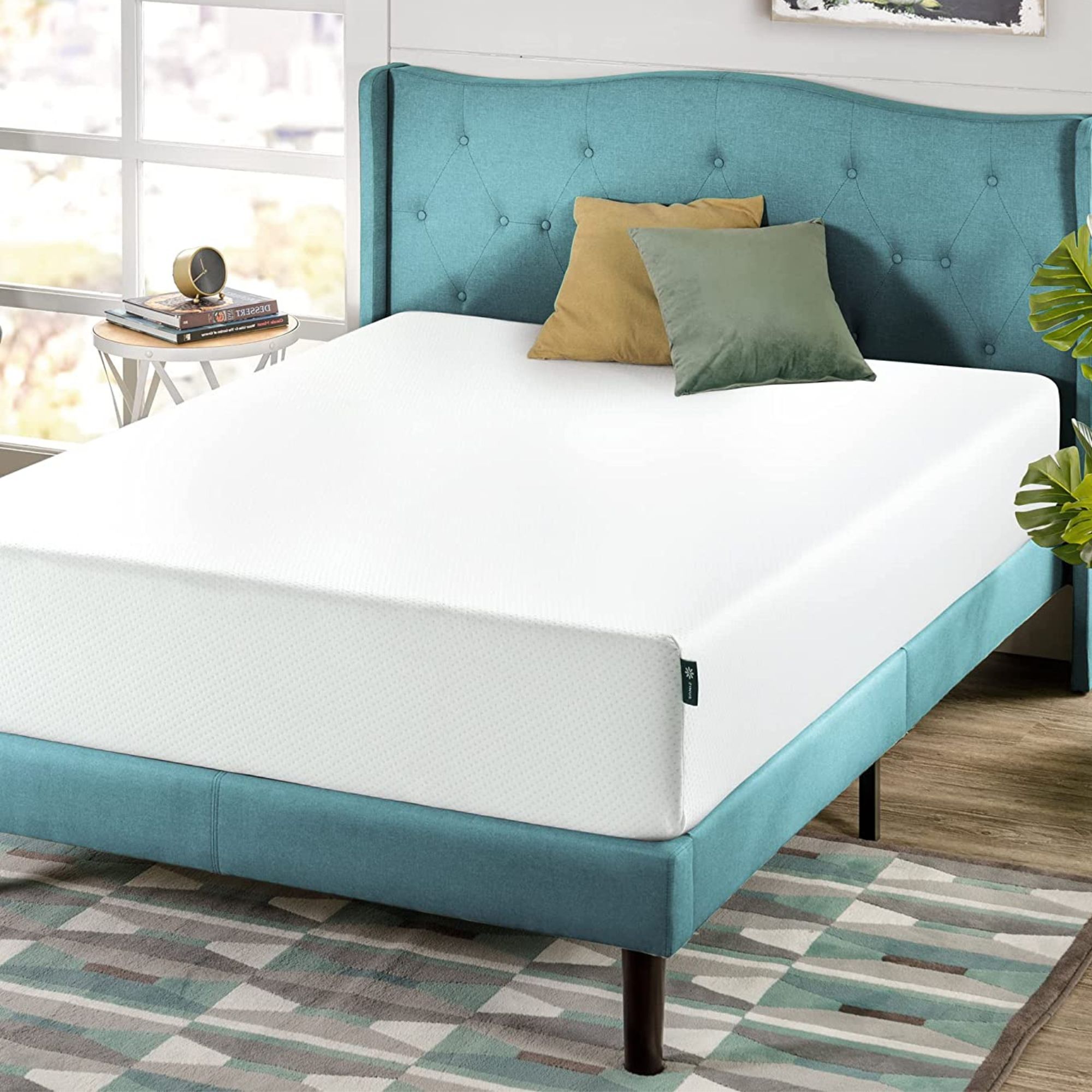
Best mattress on Amazon
Find out more: Zinus Green Tea mattress review
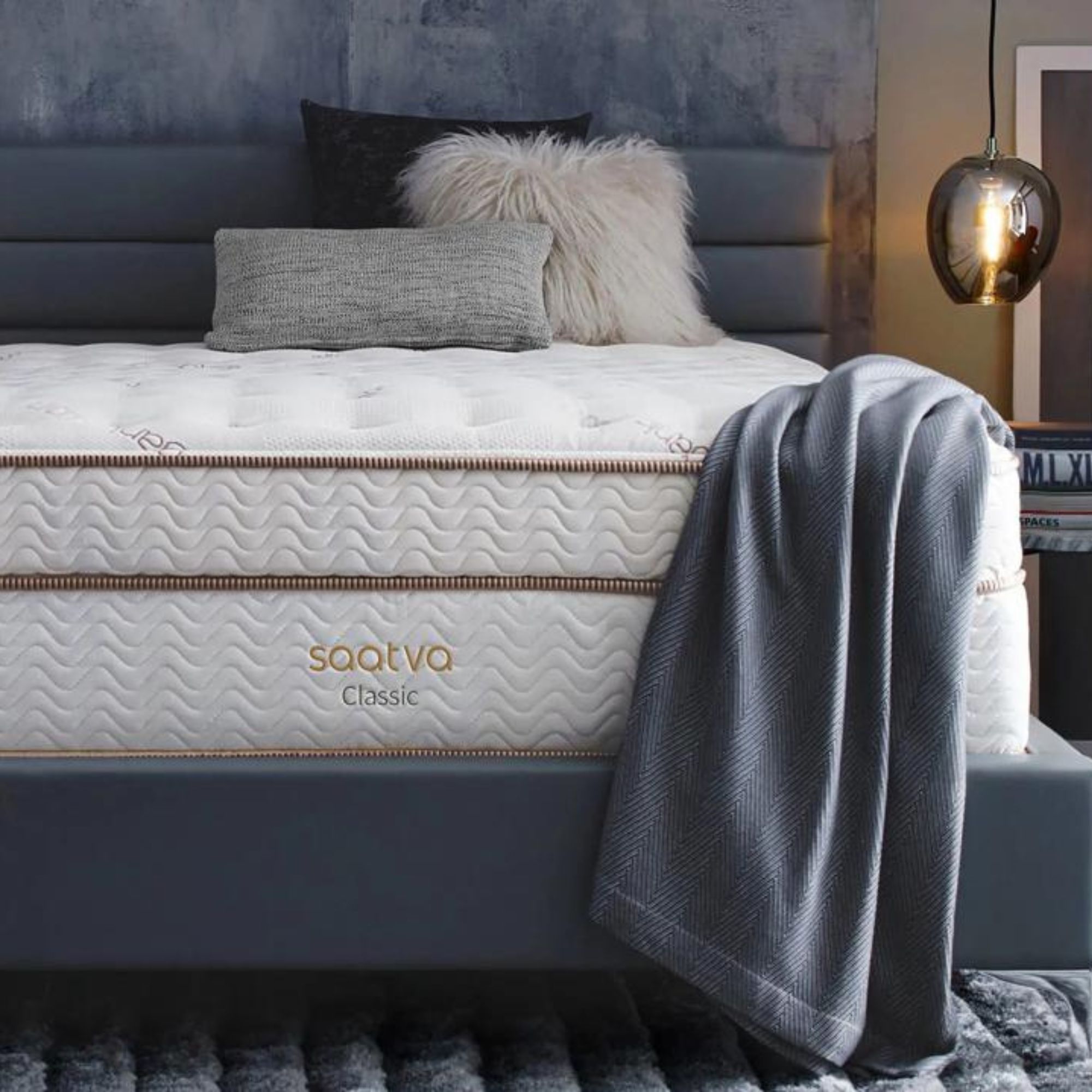
Best mattress worth the splurge
Find out more: Saatva classic mattress review

Louise is the Ecommerce Editor at Real Homes, specialising in sleep content so you can wind-down well. With prior PR experience working for a luxury bedding brand, Louise knows the importance of getting a great night’s sleep. Joining the other side of the desk as a full-time journo, Louise brings her bedding expertise to writing sleep buying guides, reviews, and news for Real Homes. Aside from helping readers get essential shut eye, Louise also writes shopping content for homeware items that’ll add a decorative edge to your space. With an eye for design that won’t snooze on style, but a budget that won’t quite stretch, Louise loves nothing more than a modern designer dupe. From coloured glassware to contemporary storage, anything to upgrade the bare space of her rented East London flat.